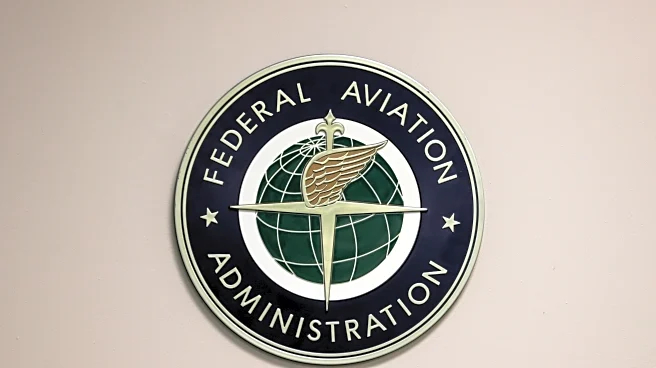What's Happening?
The Internal Revenue Service (IRS) has released a fact sheet detailing the impact of the One Big Beautiful Bill Act (OBBBA) on the processing of Employee Retention Credits (ERC). The ERC, initially part
of the CARES Act of 2020, was designed to incentivize employers to retain employees during the COVID-19 pandemic by offering tax credits. The OBBBA introduces new provisions that impose penalties on promoters of ERC and restrict the availability of new ERC credits or refunds after July 4, 2025. The IRS fact sheet specifies that claims for the third and fourth quarters of 2021 filed after January 31, 2024, will not be allowed or refunded, even if eligibility requirements are met. This move aims to curb fraudulent claims and strengthen compliance enforcement.
Why It's Important?
The guidance from the IRS is significant as it addresses the widespread issue of fraudulent claims related to the ERC. By imposing stricter deadlines and penalties, the IRS seeks to protect the integrity of the tax credit system and prevent abuse by scammers. This action is crucial for businesses that rely on these credits for financial relief, ensuring that only eligible claims are processed. The enforcement of these provisions will likely impact businesses that have delayed filing their claims, potentially leading to financial repercussions for those who miss the new deadlines.
What's Next?
Businesses and tax professionals will need to adjust their strategies to comply with the new deadlines and regulations set forth by the OBBBA. The IRS is expected to continue its crackdown on fraudulent claims, which may involve increased audits and investigations. Companies that have yet to file their ERC claims for the specified periods must do so before the January 31, 2024 deadline to avoid penalties. Additionally, promoters of ERC must adhere to due diligence requirements to avoid facing penalties under the new law.
Beyond the Headlines
The changes introduced by the OBBBA reflect a broader effort by the government to enhance tax compliance and reduce fraud. This could lead to a more stringent regulatory environment for tax credits and incentives in the future. The focus on due diligence and compliance may also encourage businesses to adopt more robust internal controls and auditing practices to ensure adherence to tax laws.











